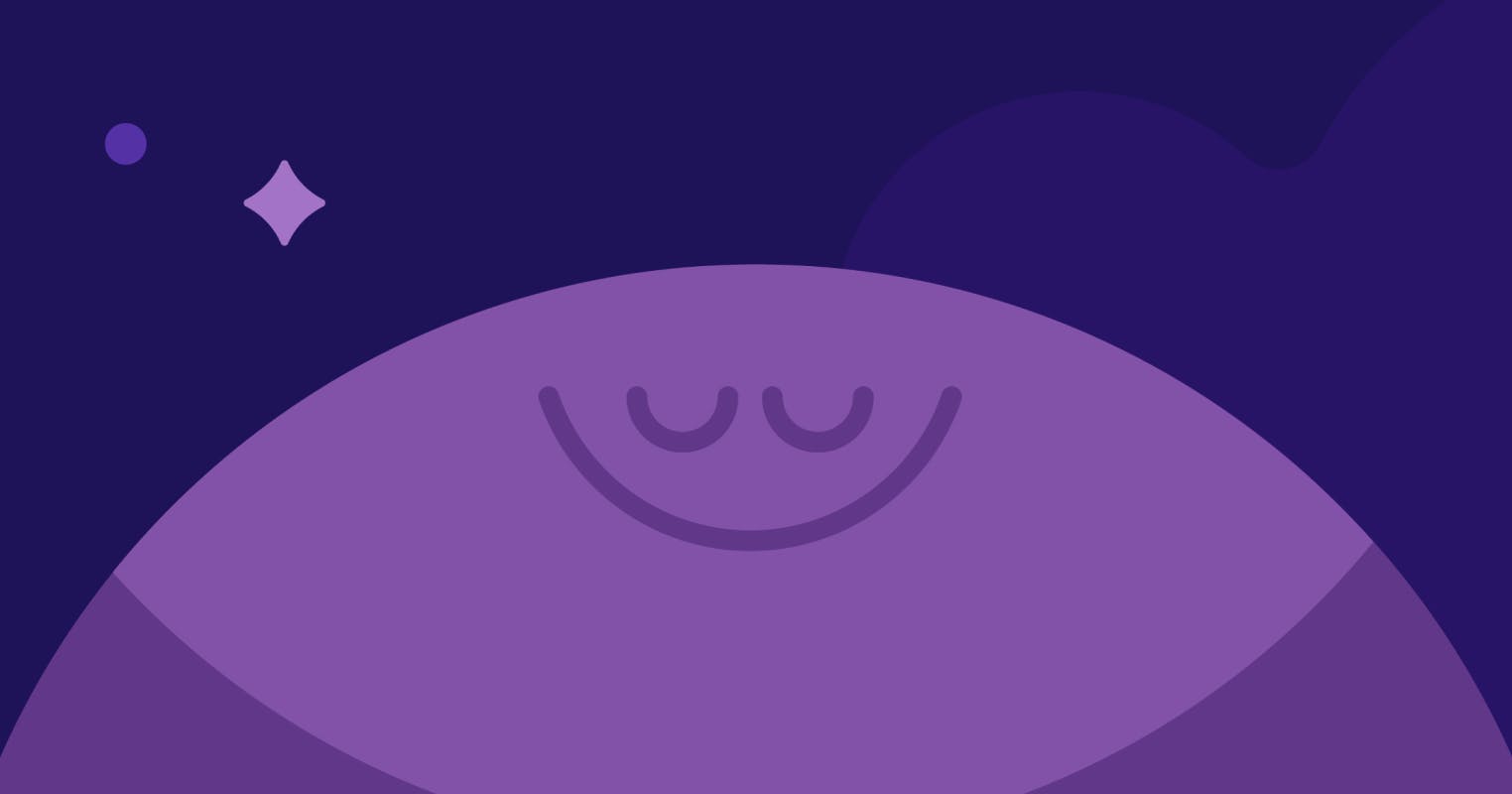How to stop snoozing
By Your Headspace Mindfulness & Meditation Experts
Apr 13, 2021
It’s that familiar sound again: the alarm is beeping and it’s time to get up. But we don’t feel quite ready to take on the day, so we reach over and hit the snooze button. Then, after what feels like a blink of an eye, we do it all over again.
Snooze. Sleep. Repeat.
This fight goes on for a few rounds and then we're battling our clock (again) to get out the door in time. We know it’s probably not the best way to start a productive day, but we can’t break the habit. So, what tools can teach us how to stop hitting snooze?
Ready to get better sleep?
Start your free trial
Is hitting snooze bad for you?
Each snooze session on an alarm clock is normally between 5 and 10 minutes long. Drifting in and out of sleep for those extra few minutes could have a negative effect on our physical health.
When we snooze, we are disrupting the REM sleep — or dream sleep — which is a restorative sleep state. Not only is that 5-to-10-minute snooze time not long enough to return to restorative sleep, but the disruption can trigger a response that increases your blood pressure and heartbeat.
Hitting the snooze button is also not the best way for our minds to begin the day. We add to our stress by starting our morning in a fight with our alarms, where we eventually concede defeat.
All in all, it’s a bad habit. But it’s still so tempting, right? One of the first things to look at as we work out how to avoid hitting snooze is whether we are getting enough sleep.

Stop snoozing and get better sleep
At any given time, about 30%) of us are having difficulty sleeping, and almost all of us will suffer at some point in our lives. According to the Centers for Disease Control and Prevention, more than a third of Americans aren’t getting the 7-9 hours of sleep recommended for our overall health and well-being.
So, how can we make quality sleep a priority, when we know that bedtime is perhaps the worst time of the day to get caught up in our thoughts, stressed about the evens of the day, which keep us away and stress us out even more?
Replace hitting snooze with healthier habits.
1. Stop snoozing with better sleep hygiene.
There are a number of practical sleep hygiene techniques we can implement to optimize our conditions for sleep and help us with how to stop hitting the snooze button.
Keep the room cool and comfortable — studies suggest the ideal temperature is around 65 degrees. We should try and go to bed and wake up at the same time, give or take 20 minutes, every day including the weekends. Get enough natural light in the day, then dim the lights in your home after dinner. And unplug from emails, internet browsing, and social media one hour before bed.
Ideally, our phones should be out of reach when we sleep. Not only because using your phone before bed can wreak havoc on your sleep cycle, but also because many of us use our phones as alarms. And so, plugging in your phone across the room before bed wmight also help us to stop snoozing in the morning. There’s no pressing the snooze button when we have to get up to shut off the alarm.
2. Stop snoozing by becoming an early riser.
It's true that not all of us are wired to wake up wide-eyed with the sun. But that doesn't mean a night owl can't become a morning person. They can — as challenging as it may seem. In addition to shifting your schedule to start and end earlier, shfting your mindset is key. Lifestyle changes take time, so give yourself patience and compassion.
3. Stop snoozing with meditation.
The less stressed we are, the more soundly we will sleep. A 2018 studyfound that people who used Headspace for only 10 days reported an 11% decrease in stress. After 30 days, they reported a 32% decrease.
Meditation has also shown to lower the heart rate and encourage slower breathing — both useful for the good night’s sleep that will help us stop pressing snooze in the morning.
Headspace co-founder and former Buddhist monk Andy Puddicombe suggests that we meditate for ten minutes a day — about the length of the snooze cycle on many alarm clocks.
Instead of pressing snooze, he says, why not use that extra 10 minutes to prepare your mind for the day? When you think of it this way, meditating seems more doable.
Starting your day with a meditation has even more benefits. Andy says, "I think doing it first thing in the morning, one, ensures that you do it. Two, you start the day fresh, and three, you lay down a foundation of mindfulness that means that you are more likely to make mindful decisions throughout the day, and are more likely to experience that quality of life throughout the day,"
Headspace offers lots of options for you to start a morning meditation practice that works for you. Maybe try a deep-breathing techniques that can be done from your bed, or do a guided walking meditations that combines movement and mindfulness, which might motivate you to pop up in the morning. Super short on time? A short meditation can help you let go of stress in just 1 minute.
With all its benefits, there's no better alternative to help us with how to stop snoozing in the morning than by replacing it with a healthier habit. Meditation does for the mind what sleep does for the body. By meditating instead of snoozing, we start the day with a rested mind.


Sleep made simple
- Find your perfect bedtime routine with hours of relaxing music, sounds, and stories to choose from
- Get more restful sleep with our Sleep Health course: exercises developed with leading sleep scientists
- Feel your best from morning to bedtime with access to hundreds of stress-relieving meditations


Stay in the loop
Be the first to get updates on our latest content, special offers, and new features.
By signing up, you’re agreeing to receive marketing emails from Headspace. You can unsubscribe at any time. For more details, check out our Privacy Policy.
- © 2026 Headspace Inc.
- Terms & conditions
- Privacy policy
- Consumer Health Data
- Your privacy choices
- CA Privacy Notice







